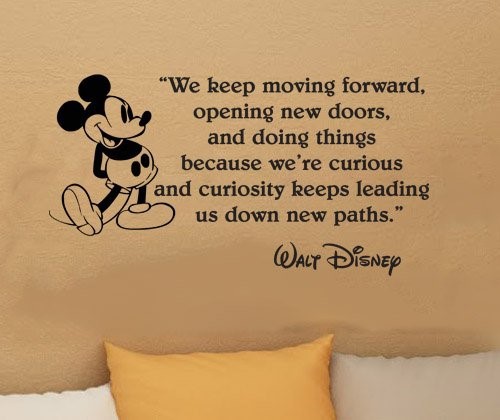by Shubhi Asthana
These 3 strategies can help women thrive in tech

As someone early on in her career, I’ve attended a few tech talks, conferences, and meetups. One thing I noticed is not many women take advantage of these opportunities, even though they stand to learn a lot and grasp many new technical concepts. And even fewer women in these events play the role of speaker and lead these events.
Why’s it so important for women to participate in these tech events?
Tech events are a great source of learning for women who desire to develop their career and are looking for inspiration, ideas and connections. These events give women an opportunity to voice themselves, showcase their work, and get valuable feedback. They also sustain one’s passionate about new trends, and also inspire more people to get involved in the greater conversation of our time.
Here are my 3 takeaways that I want to share with women in tech:
Takeaway #1: Fear is a four letter word
Public speaking can be terrifying, but it’s something women can master with a little (or maybe a lot!) of effort.
Even if you’re at the start of you career and are infrequently called upon to present, it’s worth overcoming this fear now.
If you’re able to confidently and articulately represent yourself, your work or your company — as well as do Q&A with others — this will help you get noticed and advance faster in your career.
I know someone who was an engineering intern at a startup. Even though she had only a year of work experience, she was of high energy and very confident. When a communications manager asked for a volunteer to host an upcoming panel discussion, she jumped at the chance. After the successful hosting, she was appreciated for her skills and enthusiasm, and entered the public eye.
People who succeed are often those who are quaking with fear on the inside. But at the same time, they’re projecting a level of confidence when they speak their minds, and succeed in inspiring the trust of their colleagues.
So learn to speak up, and say it out loud!
Takeaway #2: Build networks within your industry
Joining groups within your specific discipline helps you build critical networks. These discipline-specific groups are filled with peers and also senior people, all of whom are likely to have likely encountered the same problems you are.
If these people don’t work at your company, you’ll feel free to speak more candidly. You can encourage these peers to speak at tech events, help them prepare their talks, then be in the front row cheering them on. And they can do the same for you.
Building your network within your industry will also help you find mentors who can be a long-lasting resources of information for you. Mentors can help you see your potential. They can also take an interest in your long-term advancement.
A good mentor can help overcome the “initial stage fright” and push you into voicing your thoughts and work.
“One of the greatest values of mentors is the ability to see ahead what others cannot see and to help them navigate a course to their destination.”
— John C. Maxwell
Takeaway #3: Be passionate and stay curious.
The people who reach top positions are often the same ones who are always eager to learn more about their field. They are often curious not just about their own role, but also about the various disciplines and functions of their peers.
It’s important to keep a growth mindset so you can sustain this thirst for knowledge. Because people who feel motivated to learn more tend to embrace challenges and persist when they encounter obstacles. They see effort as a path to mastery. They learn from criticism, and are inspired by the success of others.
Sometimes approaches other people use to solve their own problem can help you exploring new ways to solve yours. If you can find different ways to stay hungry for knowledge and continue to be a lifelong learner, you will find your career to be much more rewarding.

A few books that I highly recommend for women getting started in tech:
- Unlocking Your Brilliance: Smart Strategies for Women to Thrive in Science, Technology, Engineering and Math — by Karen Purcell
- The Girl’s Guide to Kicking Your Career Into Gear: Valuable Lessons, True Stories, and Tips For Using What You’ve Got (A Brain!) to Make Your Worklife Work for You — by Caitlin Friedman
And you can read more of my writing on my blog.
